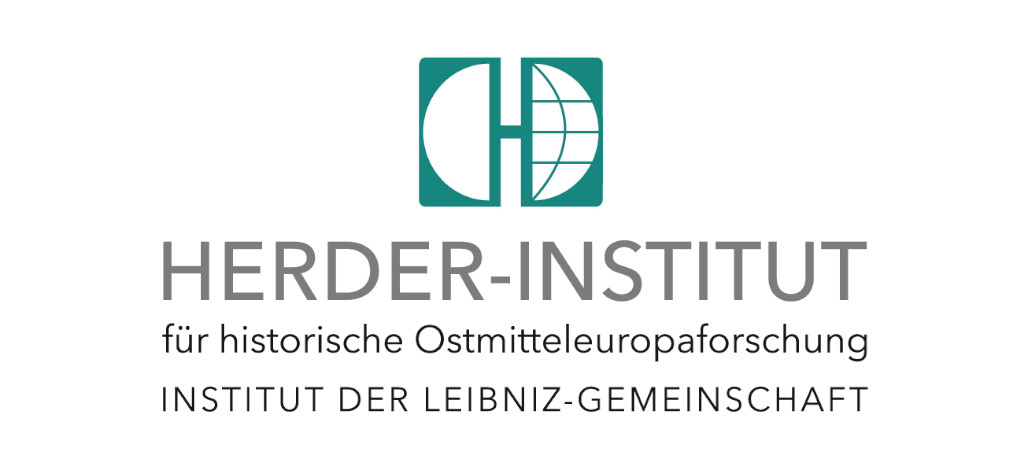Main Content

|
Horst Carl, Rainer Babel, Christoph Kampmann (Hrsg.)Sicherheitsprobleme im 16. und 17. JahrhundertBedrohungen, Konzepte, Ambivalenzen2019 |
Summary
The period of the 16th and 17th centuries, marked by social, political, and religious upheavals, represents a key period for historical security research. It is characterized by discourses of threat and attempts to find answers to the acute challenges of public order and security. Undoubtedly, the conflicts over religion and confession accentuated the insecurities in a special way, for which the comparative view on France and the Holy Roman Empire of the German Nation provides numerous evidences. However, the issue of security for contemporaries was not limited to these conflict situations. The range of "security problems" dealt with in volume 6 of the book series "Politiken der Sicherheit" (Politics of Security) rather documents the extent to which references in which security was thematized differentiated in these two centuries. In a period of manifest peacelessness, the category of "security" grew in importance, ultimately making it a guiding concept of political culture in the early modern period.
Contributors
Julien Alerini, Rainer Babel, Nga Bellis-Phan, Bengt Büttner, Horst Carl, Olivier Christin, Hugues Daussy, Lionel Dorthe, Séverin Duc, Sven Externbrink, Philip Haas, Christoph Kampmann, Regine Maritz, Christian Mühling, Ullrich Niggemann, Lothar Schilling, Albert Schirrmeister, Pierre-Jean Souriac, Marcus Stiebling, Anuschka Tischer, Rebecca Valerius, Sascha Weber, Christian Wenzel, Peter H. Wilson, Andreas Würgler.



